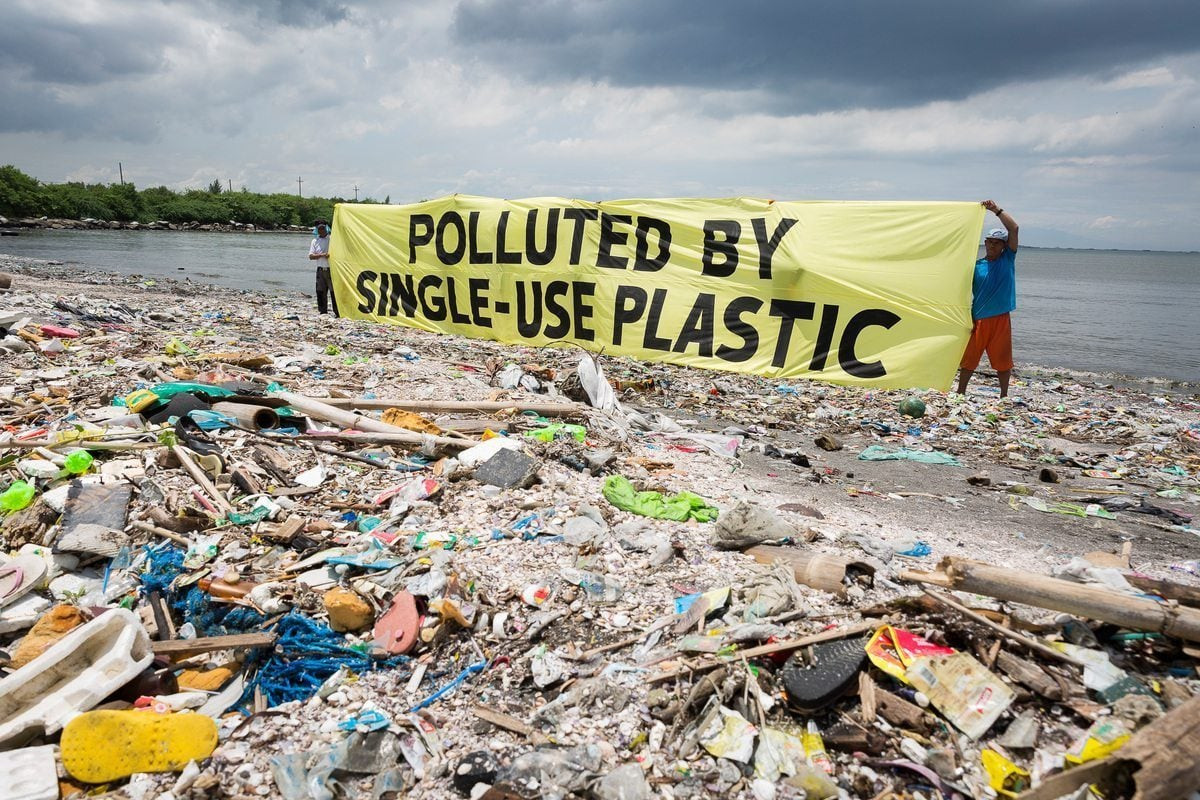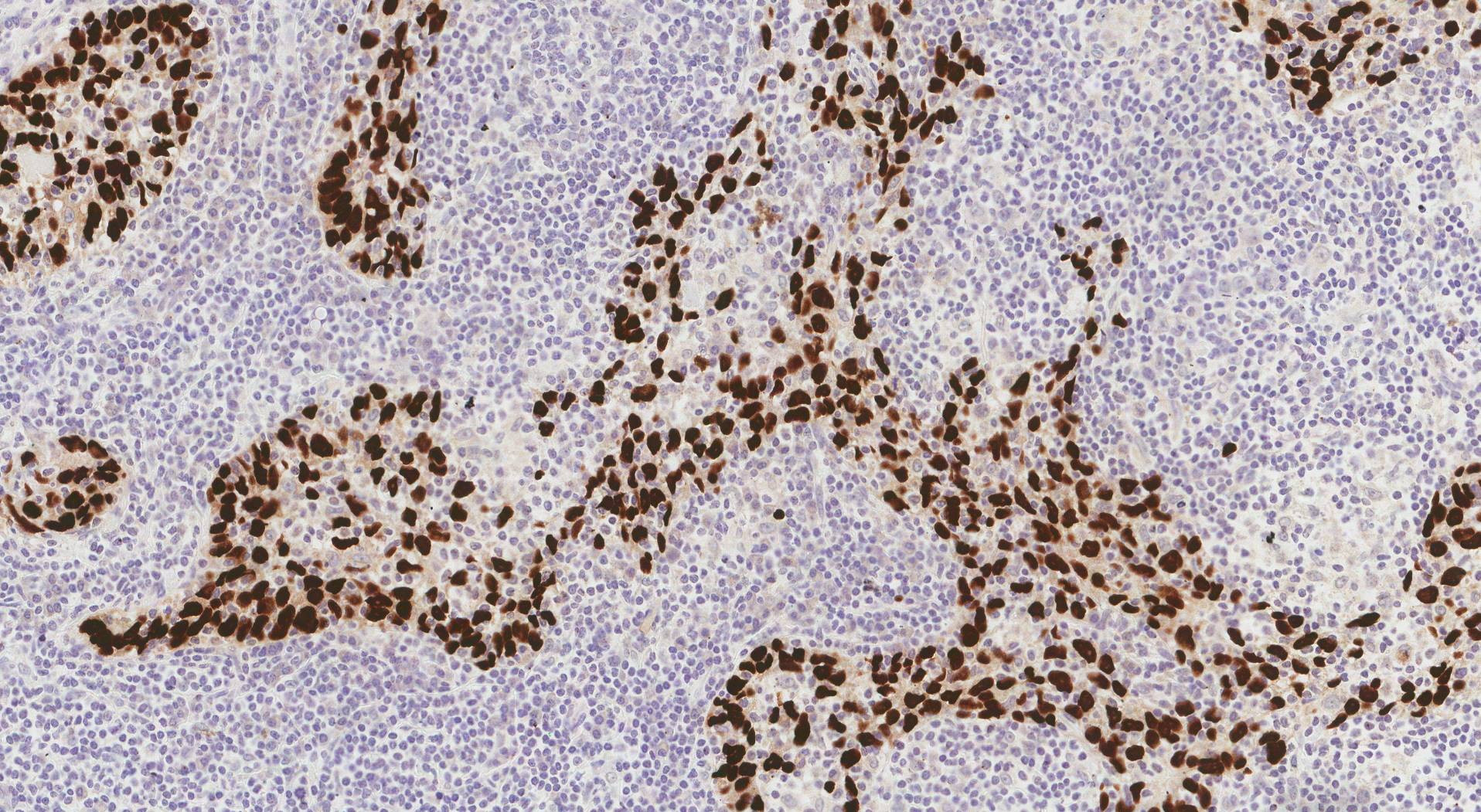Ever taken a moment to consider the plastic predicament our planet seems to be wrapped in? The presence of plastic is everywhere – in our parks, our oceans, even in the air we inhale and water we gulp down. It has managed to sneak into the crannies of our world, causing severe damage to our ecosystem. But what if the antidote to this monstrous issue was right beneath where we stand, growing in the form of plants?
Leading the charge on this groundbreaking research is Dr. Yuyi Yang from the Nanjing Institute of Environmental Sciences, MEE. Along with a dedicated group of individuals from the Hubei Key Laboratory of Wetland Evolution & Ecological Restoration, Dr. Yang has unearthed a unique approach to handle the plastic pollution crisis.
So, what is phytoremediation? As it turns out, particular plants are capable of more than just soaking up sunlight. They have mastered the art of absorbing, neutralizing and converting harmful pollutants – including microplastics – from our surroundings. In combination with the conventional waste management measures, these “green warriors” might just be the key to a healthier, plastic-free planet.
The concept of phytoremediation isn’t exactly a new kid on the block. Indigenous communities from different corners of the world have been leveraging the power of plants to detoxify their environment for eons. The focus has now shifted towards understanding how these green heroes can assist us in winning the war against plastic pollution.
Certain plants, fondly referred to as hyperaccumulators, have the unique ability to capture, confine and filter minute plastic particles. By doing this, they can remarkably decrease the amount of plastic contamination our environment is subjected to.
What if plants could turn plastic waste into something harmless or potentially useful? Through processes like phytoaccumulation, phytostabilization, and phytofiltration, these quiet warriors can recycle waste, completely transforming our relationship with plastic.
Tackling plastic pollution is not a solo gig – it’s a community-driven initiative. By actively involving local communities in phytoremediation efforts, not only can we foster a sense of environmental responsibility at the grassroots level but also create aesthetically pleasing spaces. Your neighbourhood park could double as a green lab and a pollution-free haven, illustrating the potential of phytoremediation in beautifying urban landscapes.
Though the initial results seem promising, there is still a long journey ahead. More research is needed to discover new hyperaccumulating species and optimize their growing conditions. Studying the long-term impact of these processes on soil health and biodiversity is important to strengthen the case for phytoremediation. An integrative approach combining ecology, waste management, and community development can drive us further down this green path.
As we examine the vast potential of phytoremediation, it’s essential to appreciate its implementation on a global scale. Various countries have embraced this innovative approach, integrating local flora into their environmental remediation strategies.
For instance, in the Netherlands, researchers have successfully employed specific plant species to remediate heavy metal contamination, showcasing how tailored plant selections can play a pivotal role in restoring polluted sites. Meanwhile, nations like India and Brazil are pioneering projects that utilize native plants to combat both plastic waste and ecological degradation. Such international efforts highlight the collaborative spirit needed to tackle plastic pollution and reinforce the notion that we are all stewards of our environment.
By fostering global partnerships and exchanging knowledge across borders, we can cultivate a robust shield against the encroaching threats of plastic waste, ultimately nurturing a healthier planet for future generations.
In a world strangled by the issue of plastic pollution, plants might be our ray of hope. “Phytoremediation isn’t merely a technique; it’s a sustainable revolution in our battle against plastic pollution,” said Dr. Yuyi Yang. “By harnessing plant-based solutions, we are able to lessen the environmental burden of plastics, turning waste into valuable resources and fostering a healthier planet.”
So, the next time you quench the thirst of your indoor plant, remember, it isn’t just an ornamental piece in your living room. It has a larger role to play, possibly paving the way to a healthier planet.
The study is published in the journal Eco-Environment & Health.
Researchers from the Nanjing Institute of Environmental Sciences released a new ecological study that revealed the potential of phytoremediation to reduce microplastic pollution. This strategy uses natural plant processes to absorb and reduce micro and nanoplastics, providing a feasible alternative for addressing environmental plastic pollution. These findings were published in in Eco-Environment & Health (EEH).
This perspective advocates for using plant life as a powerful tool to combat the widespread issue of plastic contamination in ecosystems.
Phytoremediation offers a promising solution to the growing concerns over the long-term effects of plastic waste. This approach uses plants to absorb and break down contaminants, providing an economical and environmentally friendly alternative to conventional methods.
As plastic pollution continues to overwhelm ecosystems globally, advancements in phytoremediation could revolutionize environmental management strategies. However, extensive research is necessary to refine and implement this method effectively.
This viewpoint, presented by the Hubei Key Laboratory of Wetland Evolution & Ecological Restoration, explores how plants could mitigate micro and nanoplastic pollution. The study suggests a sustainable approach to addressing plastic pollution in terrestrial, aquatic, and atmospheric environments by identifying potential processes and technological pathways for phytoremediation.
The approach evaluates the ability of various plant species to capture, stabilize, and filter micro and nanoplastics. Targeted hyperaccumulators are proposed to significantly reduce plastic concentrations, preventing further spread. The viewpoint delves into the use of phytoaccumulation, phytostabilization, and phytofiltration across different environmental contexts.
By strategically selecting and positioning these plants, they not only trap harmful plastics but also transform them into harmless or beneficial forms, marking a significant advancement in sustainable plastic remediation.
Phytoremediation is not merely a technique; it is a sustainable revolution in our battle against plastic pollution. By harnessing plant-based solutions, we can lessen the environmental burden of plastics, turning waste into valuable resources and fostering a healthier planet.
Dr. Yuyi Yang, Study Lead Researcher, Nanjing Institute of Environmental Sciences
The study's findings are significant, recommending the integration of phytoremediation into existing waste management frameworks to enhance both efficacy and sustainability. This approach not only reduces pollution but also supports ecosystem recovery, biodiversity, and overall environmental health.
The study calls for an expansion of phytoremediation efforts, highlighting the need for comprehensive solutions that include plastic avoidance, interception, and recycling through modern green technologies.
The study was supported by the National Natural Science Foundation of China (32201391 and 42107048) and the Special Research Assistant Project, Chinese Academy of Sciences (E1291P02). E.G.B. X acknowledges the support of the Department of Biology, University of Southern Denmark, and Danmarks Frie Forskningsfond (0165-00056B).
Yuan, W., et al. (2024) The power of green: Harnessing phytoremediation to combat micro/nanoplastics. Eco-Environment & Health. doi.org/10.1016/j.eehl.2024.04.001.
Nanjing Institute of Environmental Sciences
Do you have a review, update or anything you would like to add to this news story?
Cancel reply to comment
The LInspector Edge In-line Mass Profilometer is a cutting-edge electrode mass loading inspection machine.
The Thermo Scientific™ MAX-Bev™ CO2 Purity Monitoring System is a fully automated solution that employs advanced FTIR technology to analyze carbonation streams for all gaseous contaminants.
Discover IGA Ecosorp from Hiden Isochema: a state-of-the-art analyzer for dynamic gas and vapor sorption analysis.
Tim Sperry
AZoCleantech interviews Carbon Limit's Founder and CEO about the company's mission to reduce one billion tons of CO2 with CaptureCrete, an innovative concrete technology.
Giampiero Frisio
Giampiero Frisio of ABB discusses AI's impact on data center sustainability and the integration of renewable energy for efficiency.
Trevor Tilmann
In this interview, AZoCleantech talks to Trevor Tilman and Kelly McPartland about carbon capture and storage, analysis of CO2 purity and more.
Your AI Powered Scientific Assistant
Hi, I'm Azthena, you can trust me to find commercial scientific answers from AZoNetwork.com.
A few things you need to know before we start. Please read and accept to continue.
Great. Ask your question.
Azthena may occasionally provide inaccurate responses. Read the full terms.
Terms
While we only use edited and approved content for Azthena answers, it may on occasions provide incorrect responses. Please confirm any data provided with the related suppliers or authors. We do not provide medical advice, if you search for medical information you must always consult a medical professional before acting on any information provided.
Your questions, but not your email details will be shared with OpenAI and retained for 30 days in accordance with their privacy principles.
Please do not ask questions that use sensitive or confidential information.
Read the full Terms & Conditions.
Provide Feedback
AZoCleantech.com - An AZoNetwork Site
Owned and operated by AZoNetwork, © 2000-2024

















